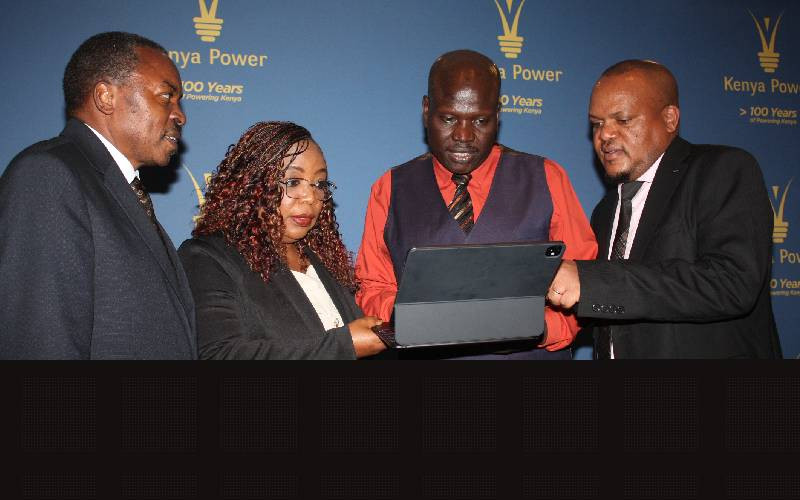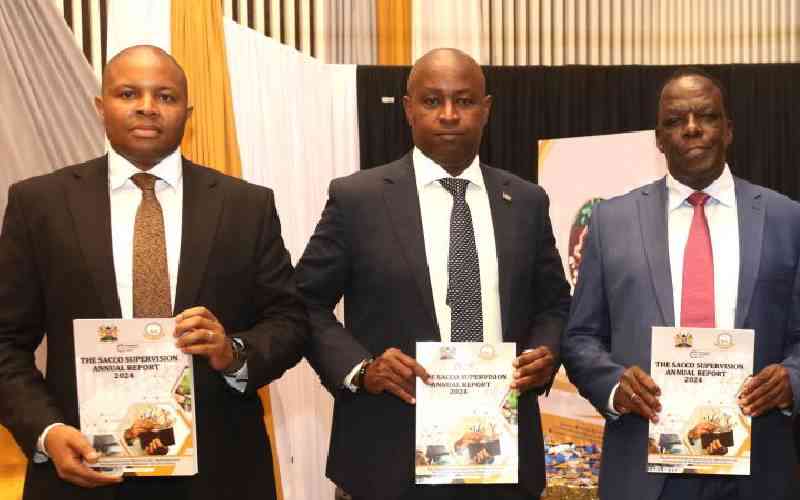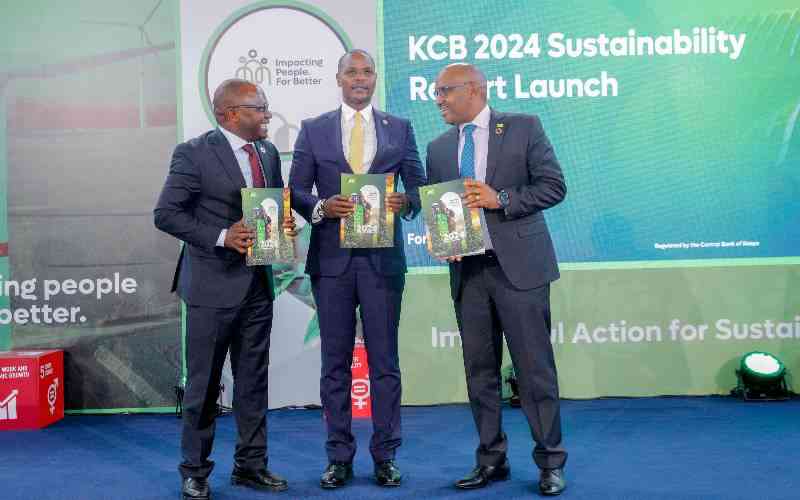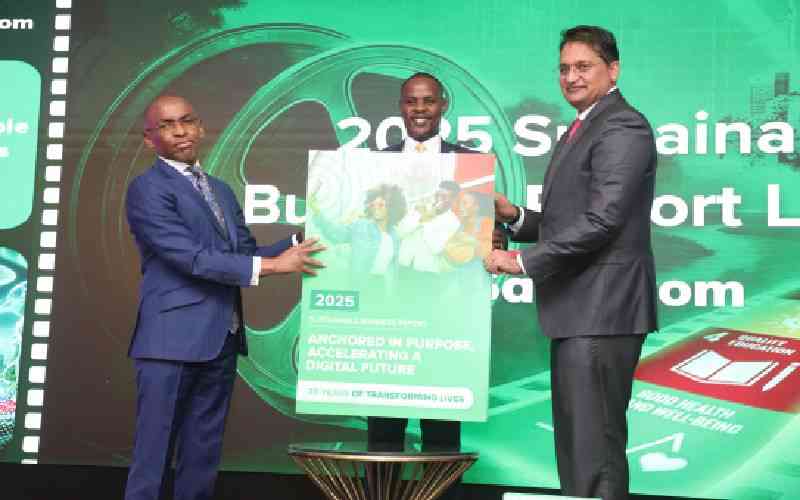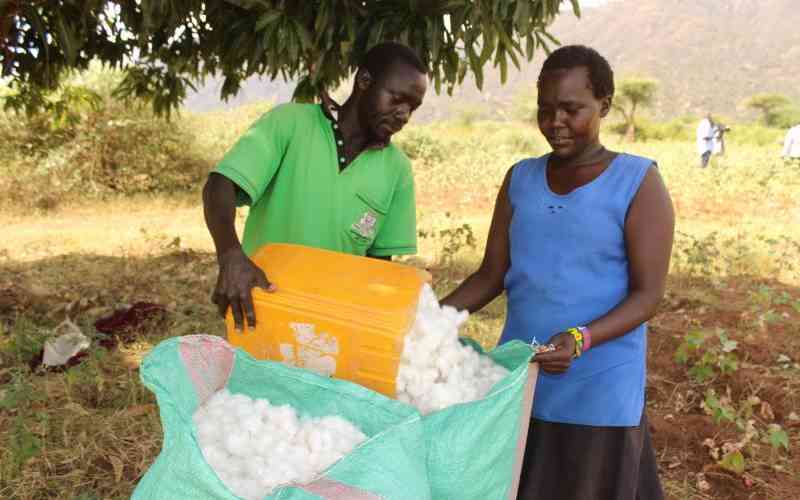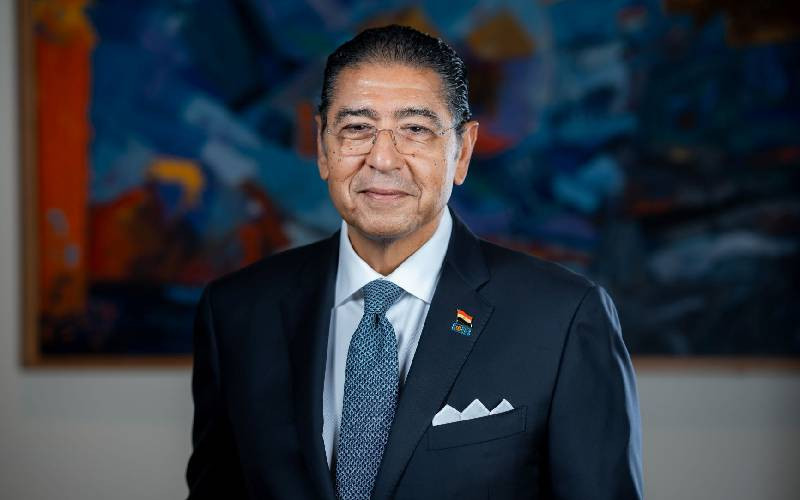
Africa’s youth have over the years been referred as the “continent’s untapped potential”. This framing is popular in research reports and political speeches in Kenya, where 85 per cent of the population is below the age of 35.
However, the truth is that young Africans do not stand on the fringes. They are already creating the future, innovating technologies, disrupting industries and driving social change.
What is needed is a strong commitment to ensuring that the youth have the environment and resources needed to tap into their power, a commitment that African governments must make now.
So how do we unlock this power?
There are key elements that must be unpacked, no matter how uncomfortable they make us. It is in this discomfort that we can start to actualise Africa’s great future.
It is paramount that the trust deficit between citizens in multiple African countries and their governments is addressed first.
We cannot build trust on a rocky foundation especially if the youth do not trust their governments.
This trust will be rebuilt on delivery of services, on an accountability that honours inquiries from the youth, instead of punishing them when they demand for a just government.
Governments must start seeing the youth as capable partners in building Africa’s future and solving global problems. A testament to this is Wawira Njiru.
At just 21 years-old, she founded Food For Education, an initiative that ensures students get access to nutritious meals at school.
Their work is efficient and leverages technology too. She has gone from serving 25 students to serving 500,000 children daily across Kenya.
The schools she supports have seen a 27 per cent increase in enrollment.
Additionally, national policies must not only incorporate youth insights but must have a tangible impact today.
Youth representation in government is key in this and must be harnessed from a young age.
Stay informed. Subscribe to our newsletter
A key example that can be borrowed is that of the Liberian Children’s Parliament, now known as the Liberian National Children’s Representative Forum.
This space ensured children across Liberia were not only represented in national governance issues, but also interacted with leadership organs in government.
It also gave rise to the youth leaders Africa needs, like the powerful human rights activist Satta Fatumata Sheriff, a dynamic young Liberian changemaker. Satta is making a real time impact in Liberia today.
Another uncomfortable truth we must face, is we are in the beginning, of the end of funding as we’ve known it.
African governments must wake up, clamp down on corruption, bridge commercial alliances with each other, as well as begin to leverage domestic revenue.
Income gaps
Without prioritising this, we will not have the autonomy or sustainability needed to ensure that African youth can realise their potential.
But why should the world pay attention?
While income gaps in Africa are often discussed, age gaps between leaders and their people present an opportunity to discuss what a brighter African future should look like.
It is against this background that the Future of Africa Podcast, which I have the pleasure of co-hosting, was created.
The podcast was developed to amplify African voices participating in global discourses and also align with generational views.
Each episode is a moderated, intergenerational conversation featuring a youthful changemaker alongside an older states official or thought leader.
This ensures a true exchange of ideas across generations.
It is a seven-episode series, with each episode bridging local experiences and global policy debates.
The most inspirational idea to me is the nature in which the podcast reinvents youth not as passive beneficiaries of development, but as active creators of the future of Africa.
And how can we move from potential to power?
To unlock the youth potential, there is a need to transform education systems to incorporate digital literacy, green economy, and entrepreneurial skills. Youth-led ventures should also be funded.
It is also crucial to provide the youth with a place at the decision table and make their voices heard on the policies that have direct influence on their lives and ambitions.
Governments, investors, and global partners face a crucial challenge: It’s time to move beyond discussing potential and start investing in these empowered individuals.
The future of Africa isn’t on a distant horizon; it is unfolding right now. Every day, the youth of this continent are actively creating it. The world must catch up.
The author is the founder of Legally Clueless Africa and co-host of the Future of Africa podcast
